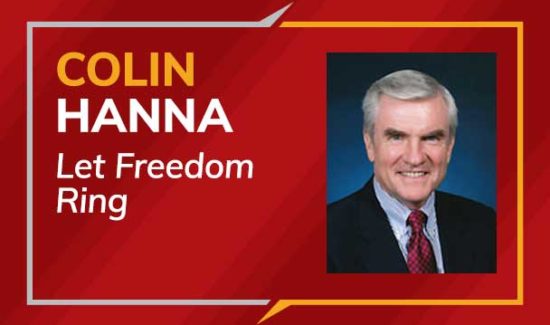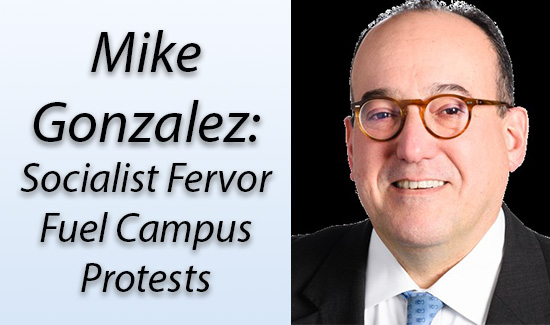PA House Republicans: Democrats ‘Put Political Convenience Over Students’

HARRISBURG – House Republican Leader Bryan Cutler (R-Lancaster) said Wednesday that the move by Pennsylvania’s House Democrats to approve a General Appropriations bill that would have a lifeline scholarship program line-item vetoed is the result of choosing political convenience over students.
“Democrats approving this budget is nothing more than an escape hatch for our friends on the other side of the aisle who wish to avoid a protracted impasse over a politically inconvenient issue that divides their own party,” Cutler said. “Today’s vote ultimately will leave students and families, who want nothing more than the opportunity for a better education and a better future, out in the cold merely for political convenience.”
Cutler also noted the budget bill in chief is a document of contradictions that is soured by recent maneuvering on the lifeline scholarship issue.
“There are positive things one can point to in this spending plan. It increases funding for career and technical education, workforce development programs, public safety, and property tax relief while maintaining our commitment to supporting public education, the PA State System of Higher Education, and increasing funding for Educational Improvement and Opportunity Scholarship tax credit programs. It increases support for our Rainy Day Fund, spends less than what the governor originally proposed, and is considerably more reasonable than the unilateral budget passed out of this House about a month ago by the Democrats on a straight party-line vote,” Cutler stated.
“On the other hand, this budget has a lot of concerning elements,” Cutler continued. “For instance, it does little to address our structural deficit and runaway and unaccountable welfare programs, which if not addressed, will threaten the long-term ability of our state to genuinely prosper.”
The General Appropriations Act for fiscal year 2023-24, once enacted, will fund Commonwealth functions for the fiscal year ending June 30, 2024. Without the passage of an accompanying Fiscal Code, discretion over how these funds are to be distributed largely lies with the governor.
###






